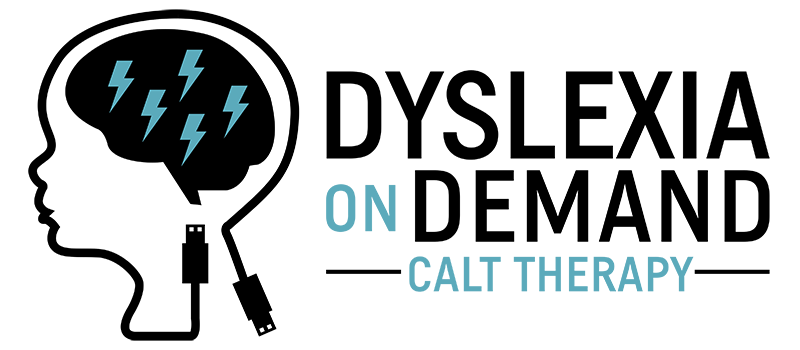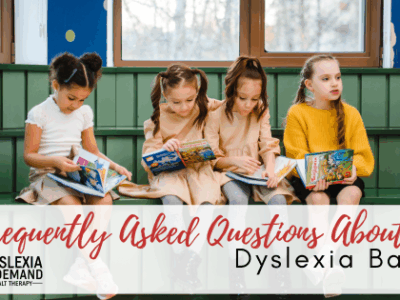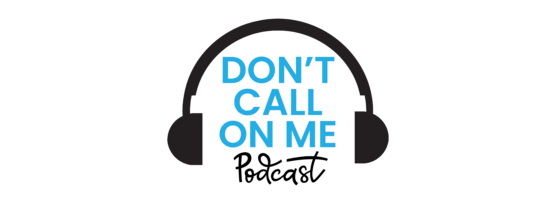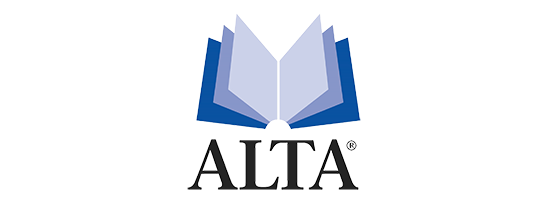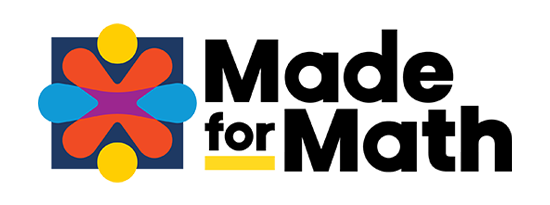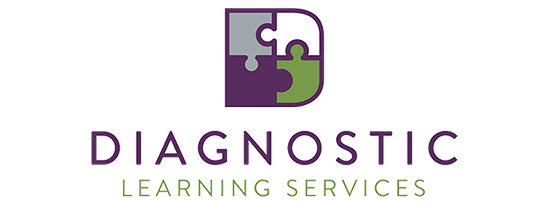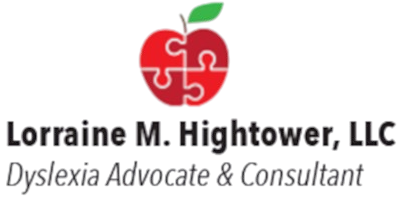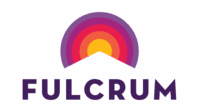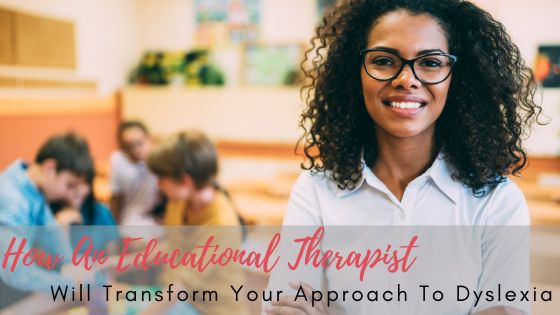
How An Educational Therapist Will Transform Your Approach To Dyslexia
As summer winds down and the school year kicks in, the focus of families tends to turn back to school, studies, and student success. For students with learning disabilities, in addition to gearing up with new backpacks, school supplies, and lunch boxes, some educational support can be a great addition to the school year. Working with an educational therapist can help children to do better in academics; having more academic success can help a student to become more confident in the classroom. Tutoring can be beneficial too, but educational therapists and tutors tend to work in different ways. For students with dyslexia who may need extra help, educational therapy might be the best option. Read on to learn more about how an educational therapist will transform your approach to dyslexia.
Different from tutoring. The focus on educational therapy zeroes in on a student’s specific learning disability. This leads to the use of specialized methods of intervention that help students to learn better. In contrast, tutoring—while very helpful—usually focuses on practice and improvement in specific academic subjects. Sometimes, tutoring can be aimed at helping a student to improve a grade in a certain subject, while educational therapy is concentrated on helping a student to become a more independent learner. Educational therapy can be a solid option for families looking to help their student with a specific learning disability.
Specially trained experts. Educational therapists bring years of their own education, training, and experience to the table when they work with students. Many therapists are trained in specific teaching methods such as Orton-Gillingham based programs. At Dyslexia on Demand, students work with Certified Academic Language Therapists (CALTs). CALTs are qualified to implement therapeutic grade dyslexia intervention programs. Some of the goals for CALTs at Dyslexia on Demand include building a higher degree of accuracy, knowledge, and independence for students.
Intensive interventions. Educational therapy can be most effective when it’s done one-on-on or in small group settings. At Dyslexia on Demand, dyslexia therapy sessions with CALTs are done with high frequency over a sustained period of time. This intensive one-on-one therapy helps students to develop more accurate and fluent reading skills, along with improved comprehension.
Consistency is key. Sticking with a specific educational therapy program is essential for the success of students with dyslexia. At Dyslexia on Demand, the Take Flight Curriculum is a comprehensive program that is implemented over the course of two years. Not only does this curriculum help students to achieve and maintain better word recognition, fluency, and comprehension, it can also aid students in the transition from an educational therapy setting to learning in the real world.
Tailored to the student. Ideally, an educational therapy program focuses on a student’s specific needs for success in the classroom. The CALTs at Dyslexia on Demand review comprehensive evaluations and academic work and perform skills assessments to establish a baseline for students. The student’s performance informs the diagnostic process as well as the prescriptive interventions to be implemented in order to achieve the best results. Having a program and a therapist that are both focused on a student’s specific needs helps the student to improve and to establish a better foundation in reading and writing skills.
Appeals to the senses. Educational therapy brings in multiple senses to improve a student’s performance. The CALTs at Dyslexia on Demand integrate visual, auditory, and motor processing as they work with students on improving their language skills.
Fine-tuned language skills. In dyslexia therapy — like the Take Flight program used by Dyslexia on Demand — there is a deep focus on the five components of effective reading instruction. Vocabulary, phonemic awareness, fluency, and reading comprehension are all enriched by direct instruction by therapists.
Families are key. In educational therapy, parents are truly partners with educational therapists as they help students to grow and learn. At Dyslexia on Demand, we bring parents into the process of helping students by providing step-by-step guidance on how to support children at home. Students and parents are given strategies to help students become academically successful.
Mission focused. Dyslexia on Demand wants to make dyslexia therapy accessible to students—no matter their geographic location or proximity to qualified interventionists. Through online dyslexia therapy programs, our mission is to change the lives of children with dyslexia. We want to move students from struggling with reading to becoming confident, capable readers.
Every child deserves a chance at success. The best dyslexia therapy programs can help your child to become a more responsible and independent student. Dyslexia on Demand uses the latest research-based programs to help students improve in reading, writing, handwriting, spelling, study skills, and even math.
Does your student need dyslexia therapy? Reach out to Dyslexia on Demand by calling 888-292-3906, or go online to learn more about our dyslexia therapy programs.
